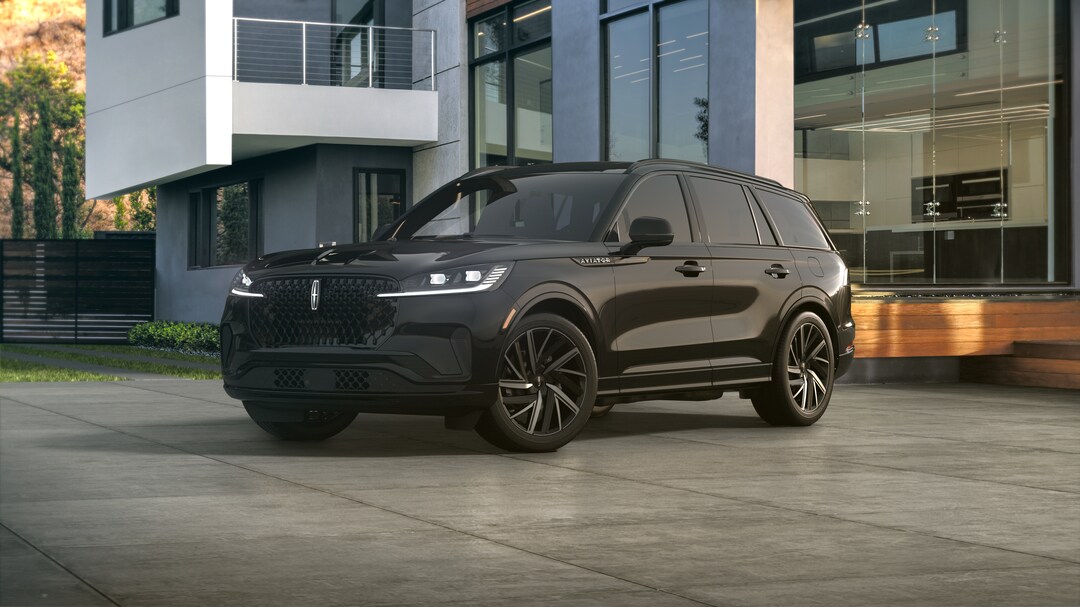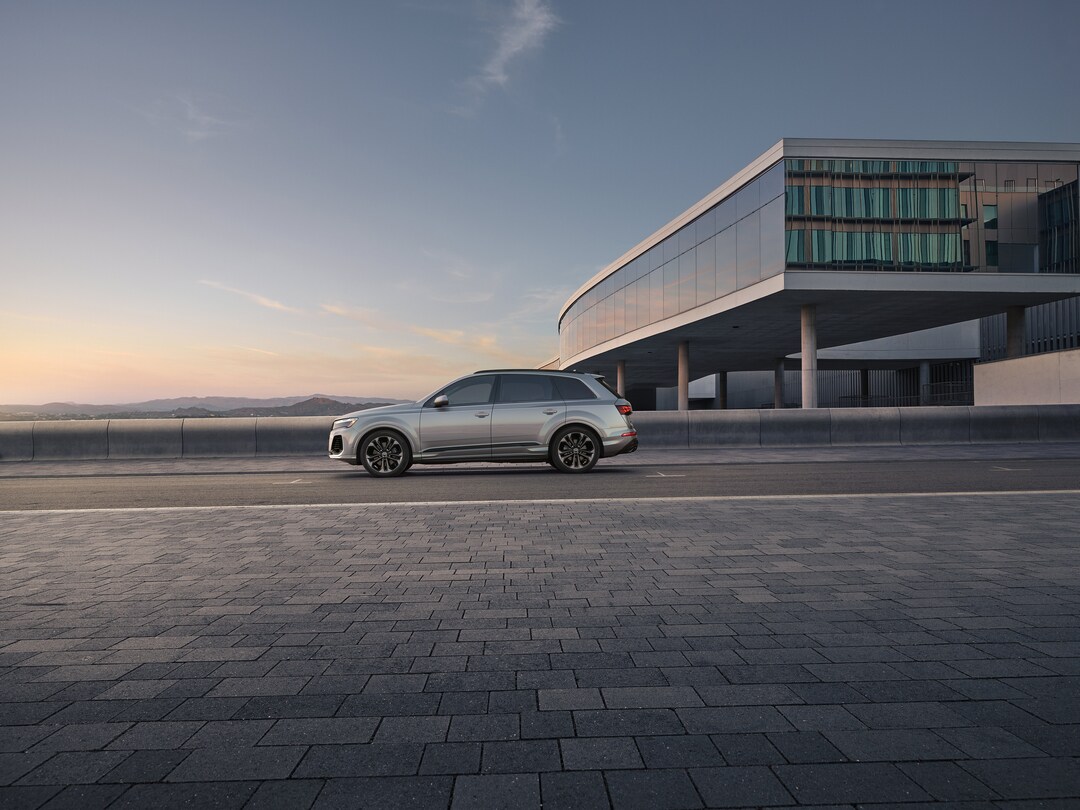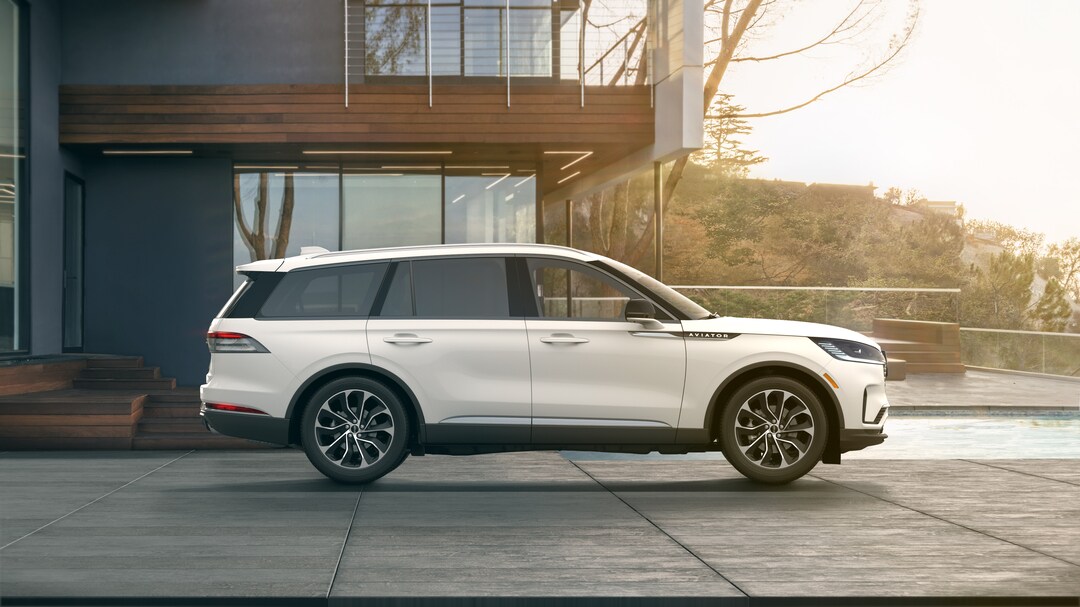Performance: Power Meets Poise
The Lincoln Aviator's standard twin-turbocharged 3.0L V6 engine generates 400 horsepower and 415 pound-feet of torque, paired with a silky 10-speed automatic transmission. This setup delivers effortless acceleration, whether merging onto highways or towing up to 6,700 pounds. Opt for the Grand Touring plug-in hybrid variant, and output surges to 494 horsepower while offering 21 miles of electric-only range-a versatility Audi can't match.
The Audi Q7 counters with a base turbocharged 2.0L four-cylinder engine producing 261 horsepower, which feels underwhelming for a vehicle of its size. Upgrading to the 3.0L V6 (335 horsepower) narrows the gap but adds nearly $8,000 to the price tag. While the Q7's Quattro all-wheel drive system is lauded for grip, the Aviator's adaptive suspension and optional air glide system provide a smoother, more composed ride around Staten Island, absorbing road imperfections with grace.
Interior and Cargo: Space as a Statement
Lincoln's design philosophy shines in the Aviator's cabin, where Venetian leather seats, open-pore wood trim, and ambient lighting with 30 customizable hues create an ambiance of bespoke luxury. The optional 30-way Perfect Position seats with massage functions elevate comfort, while three-zone climate control ensures every passenger's comfort.
The Audi Q7's interior is undeniably upscale, with clean lines and premium materials, but its minimalist aesthetic lacks the Aviator's warmth. Both SUVs offer three rows, but the Aviator's second-row captain's chairs (optional) and 77.7 cubic feet of cargo space (seats folded) outpace the Q7's 69.6 cubic feet. Rear passengers in the Lincoln also enjoy more head- and legroom, making long journeys around Linden more comfortable.

Features: Tech and Safety
The Aviator's SYNC 4A infotainment system features a 13.2-inch touchscreen with cloud-connected navigation, wireless Apple CarPlay/Android Auto, and intuitive voice commands. Audi's MMI system, centered on a 10.1-inch screen, is responsive but requires more menu diving for basic functions. The Q7's optional Virtual Cockpit digital gauge cluster is a standout, though Lincoln's 12.3-inch configurable cluster holds its own.
Both SUVs prioritize safety, but Lincoln includes more standard features. The Aviator's Co-Pilot360 suite bundles automatic emergency braking, blind-spot monitoring, and lane-keeping assist, while Audi reserves comparable tech for higher trims. The Aviator also offers exclusive perks like Phone As A Key technology and a Revel Ultima 28-speaker audio system-options the Q7 can't match.







